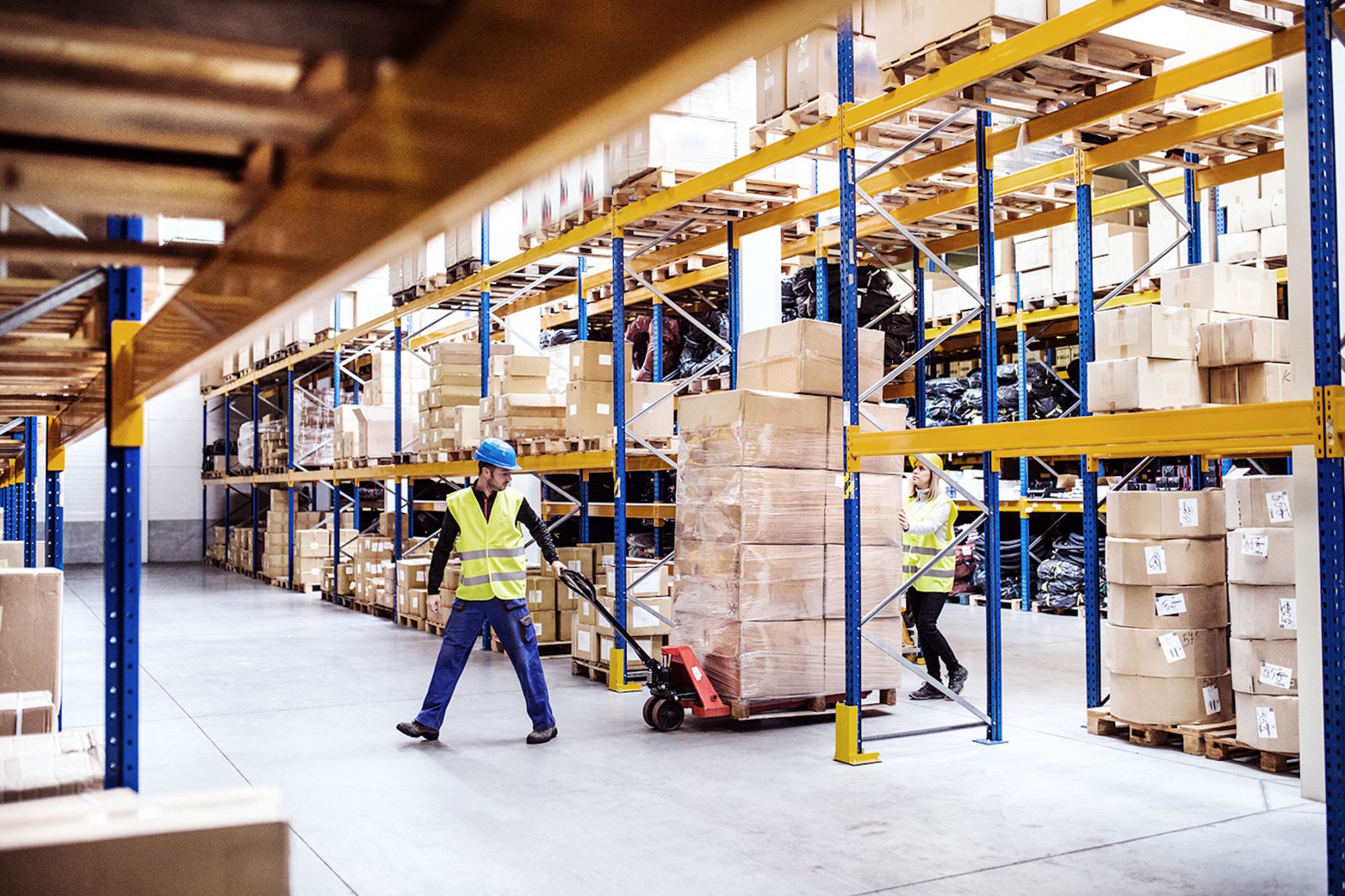How Technology is Influencing the Logistics Market Tracking devices give consumers access to shipping and tracking systems 24x7 and don't demand human intervention
By Srinivas Lingamuthu •
Opinions expressed by Entrepreneur contributors are their own.
You're reading Entrepreneur India, an international franchise of Entrepreneur Media.

Evolution in technology is bringing a paradigm shift in the logistics market segment. The online world is prevailing, and among consumers it's become habitual to have everything at fingertips. Logistic companies today are striving to deliver products anywhere between three days and five days, quicker the better. The daily evolution of technology has led to increased productivity, lower costs, and fewer errors in the supply chain. Technology is striking every sector of the logistic segment.
Earlier, customers used to book a shipment and receive an estimated delivery date. Waiting was the name of the game. But now futuristic tracking devices give consumers access to shipping and tracking systems 24x7 and don't demand human intervention. Shipment tracking technology is evolving at a dizzying pace.
Technologies Driving the Transformation
Though conventional tracking devices powered by Radio Frequency Identification (RFID) tags and bar codes remain relevant, innovations in mobile and satellite technology make it a piece of cake to provide real-time coverage of shipments across the globe. Also, the Internet of Things (IoT) has opened a new world of opportunities for logistics and supply chains. Lower costs and risks are the two main advantages of using IoT devices in the logistics business. Although IoT devices have been in the picture for a while now, they continue evolving and impacting the future of logistics, giving more accurate in-transit transparency and better delivery of products.
Role Played by Improved Tracking
The next important development in the logistic market is technology that helps determine the location of products after they have been dispatched. Gone are the days of lengthy log reports, printed maps and hundreds of phone calls to manage a delivery. Modern GPS solutions allow companies to manage logistics and help in automated route planning. This also increases efficiency by improving driver safety and performance, and by lowering administrative resources and costs. Modern GPS solutions also minimize the risk of theft. Customer service is also improved thanks to real-time tracking of delivery vehicles and accurate delivery estimates via updated traffic updates.
Outcomes of GPS Accuracy
GPS accuracy has increased drastically during the past decade. GPS not only displays a vehicle's location, but also allows GPS-based fleet management systems. It allows managers to create geo-fences to prevent vehicles from moving past set location markers. Fleet management systems also optimize route planning using real-time data and help track driver hours. Another useful feature of these systems is called smart fuel control. Logistics companies can now monitor speeding, rash driving and acceleration, abrupt and harsh braking, and other activities to improve safety and lower fuel consumption.
Improved Data Capture is Possible Today
Then again, using technology to foster data capture is not a new thing, though organizing such data and harvesting it for analytical purposes has always been a challenge. New and improved cloud computing architecture has made it possible to harvest data and use it for analytical purposes. New software is sophisticated enough to allow data to be effectively manipulated. It provides a detailed status of activities, process flows, and is transparent. It also generates predictive advice that enhances and boosts operations and prevents problems.
Customer Service like Never Before
Another pillar of a good logistic service infrastructure is customer service. In this age, almost everyone is connected through social media. There are over 326 million social media users in India alone. So many social media users can help optimize operations in the logistics industry. Social media has always been the easiest and most convenient platform to reach consumers employed in all kinds of businesses. The logistics sector can use it do so as well. Social media can be used to convey urgent information, industry news, and customers' responses and reviews quickly in a fast-paced world. This helps increase customer retention by providing hassle-free communication with end consumers.
Unlike earlier when customers had no clue where a shipment was, today because of technology they can receive regular updates as part of their social media feed. A customer can know almost to the exact minute when a shipment is arriving, eliminating nearly all the ambiguity that made logistics cumbersome and irksome in the past. As a result of being able to receive constant updates on the location of their shipment, trust between consumers and shippers has increased. This has made many companies re-think their business models such as logistics plays a more central role in it.
The time we are living in should be referred to as the golden age of technology. It is the responsibility of new-age logistics ventures to embrace the futuristic developments in their domain. This is necessary for them to remain updated, enhance efficiency, to remain competitive in the market. Technology is indeed changing the future of the logistic market segment today.












